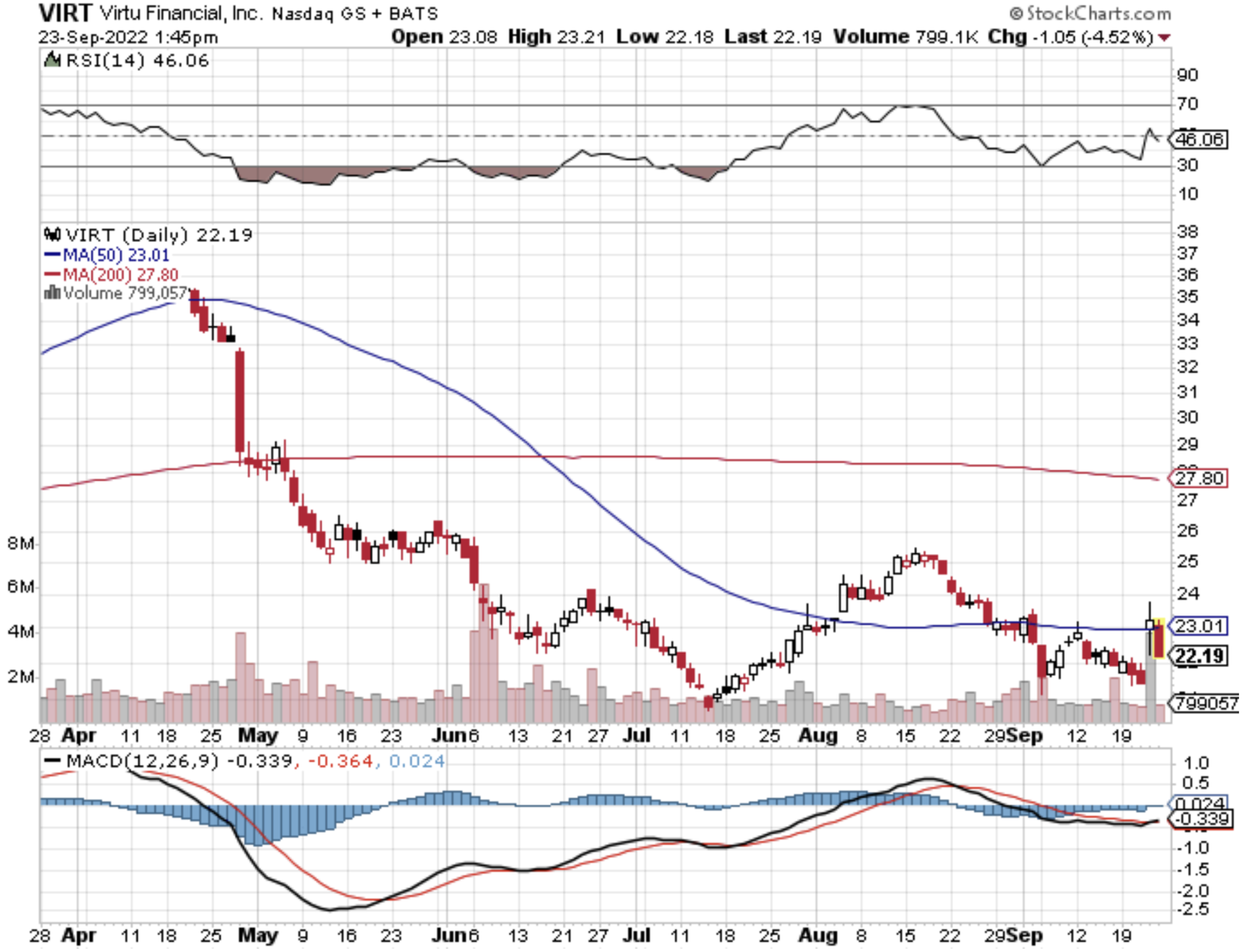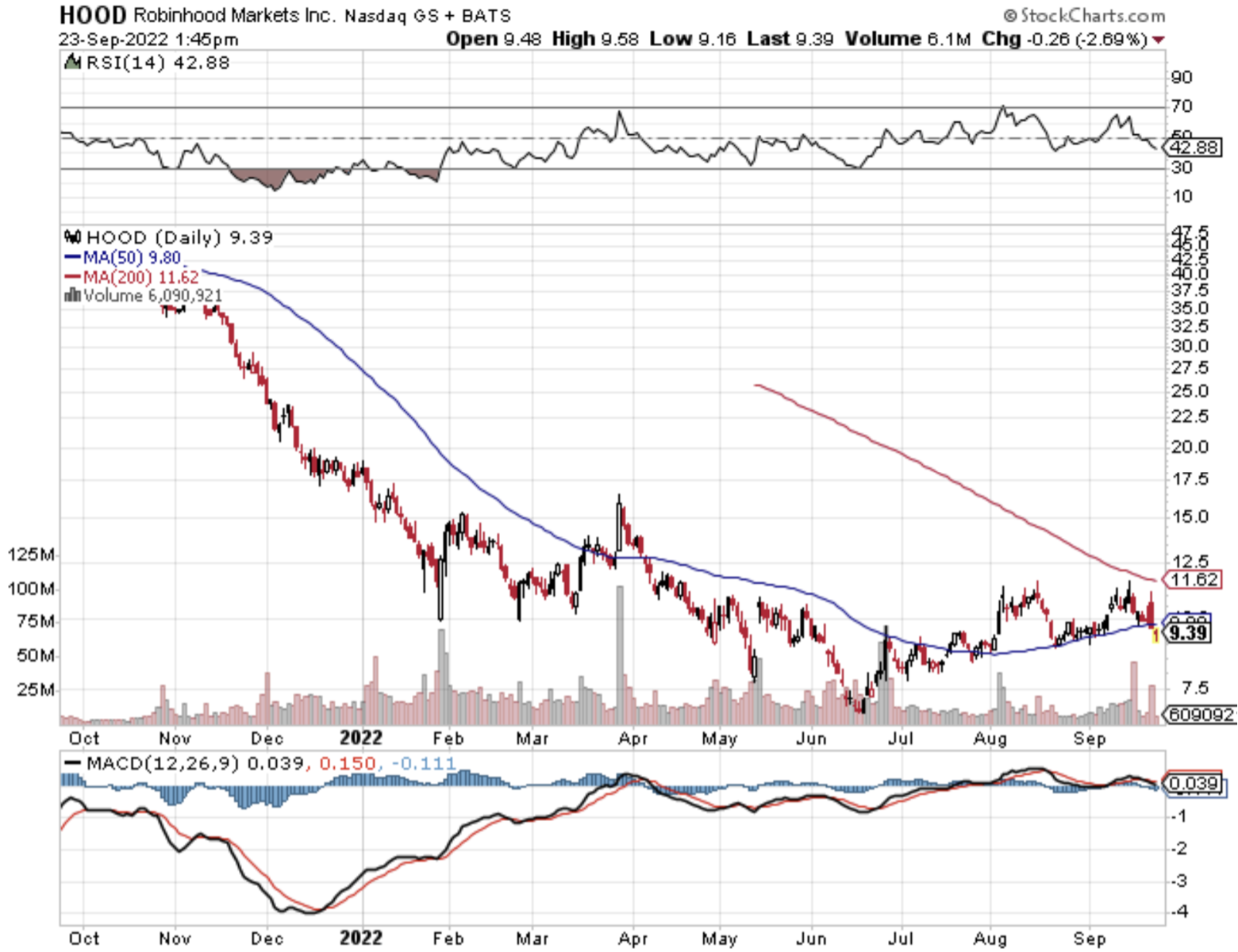Corporate Tech Notches Another Win
The US Securities and Exchange Commission (SEC) will stop short of banning payment for order flow, which is essentially high-frequency trading (HFT) firms buying the trading history of retail traders.
I believe this was a huge mistake because it inserts an unneeded middleman between the trader and his profits while raising the costs to the trader.
Why do HFT want the trading history in the first place?
They have algorithms built in place that reveals trends in the data allowing them to profit off it.
I guess one might be able to argue that this could also lead to big losses if algorithms are built wrong.
However, much of the time, the profits are risk free by front running the retail traders’ orders by buying and selling in the microsecond after the retail trader clicks buy and receiving the shares.
The outcome is earning a few pennies.
However, multiply that over million and billions of trades each year and that is why CEO of Citadel Ken Griffin has a net worth of over $30 billion and the Founder and Chairman of Virtu Financial (VIRT) Vincent Viola owns the NHL’s Florida Panthers.
Risk free trades work 100% of the time so their trades are never exposed to losses.
Granted, they had to build out the tech expertise and technological infrastructure to pull it off.
In the end, US regulators have been quite tight lipped on what might actually happen, and any move could make Griffin’s and Viola’s HTF companies less profitable.
It’s still a massive victory for the HFT industry as CEO of the SEC Gary Gensler walked back threats of banning payment of order flow.
That is now off the table.
Funnily enough, HFT firms argue they are delivering “greater liquidity” to the end buyer, but that liquidity is almost always in the form of a higher price.
Cynical and straight forward people would call this a rip off.
The flip side is that platforms can offer commission-free trading in the US.
Since 2019, most major online brokerages haven’t charged retail clients fees for their transactions, following a model made popular by Robinhood.
As for the here and now, Virtu’s stock isn’t a buy because the downdraft in the broader tech market has punished Virtu’s stock.
Remember, HFT firms can only front run orders for market orders and not limit orders that specify a certain price.
As for trading platform Robinhood (HOOD), this means that their stock isn’t a zero either, but they bet big on crypto and that investor base in now impoverished.
Citadel and Griffin announced $4.2 billion in net trading revenue in the first 8 months of the year which is a 23% year-over-year bump.
The outperformance occurred because they have gained market share from bigger investment banks and remember that they earn revenue on sell orders as well as buy orders.
Sadly, for investors, Citadel is a private company.
Ultimately, it’s not a good time to buy Robinhood or Virtu Financial, but strategically, selling any large tech rally makes sense as the macro risks of interest rates still rock the market on a consistent basis as high inflation roars along.



